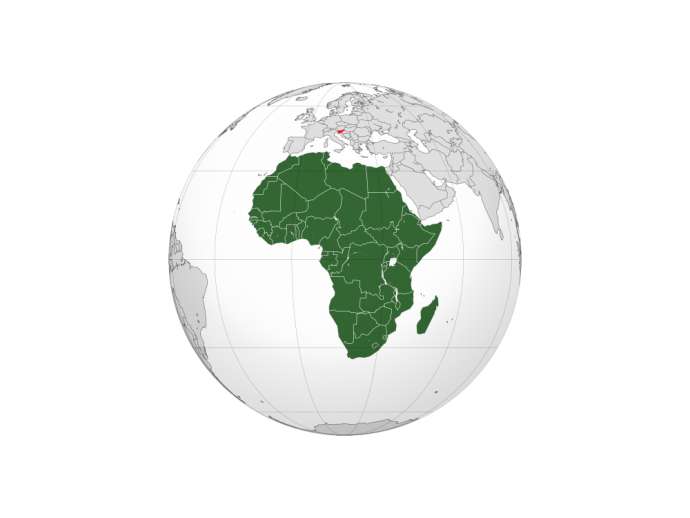STA 10 April 2019 - As Slovenia's exports are slowing down after a record 2018, the country has started looking to Africa for new business opportunities, government officials told a business internationalisation conference at Brdo pri Kranju on Wednesday.
Slovenia needs to diversify its exports to markets outside the EU and find niche markets for high-tech products and services, according to Economic Development and Technology Minister Zdravko Počivalšek.
This year, the ministry will provide EUR 9.7m in cohesion funds for this purpose, he added, noting that Slovenia was among the few EU countries that were net exporters, its exports amounting to EUR 38.8bn in 2018.
Trade grew by 10% last year, reaching EUR 74bn, with more than half of the figure generated in Austria, Croatia, France and Germany, said Počivalšek, underlining the need to diversify.
"Africa remains an unexplored market, especially sub-Saharan Africa," according to Dobran Božič, a state secretary at the Foreign Ministry, which provides support to companies branching out to foreign markets.
"Africa is developing fast and the needs of its developing economy are enormous." In Africa, it is key that the state opens doors to potential exporters, as this is a signal to future customers that these are serious companies with serious plans, said Božič.
Prime Minister Marjan Šarec also said that the state would continue to support the economy by opening doors to foreign markets. But the government cannot do everything, he said, underlining the importance of cooperation and good organisation as well as the need to be proactive.
Africa has a population of one billion and a number of countries making a significant amount of investments, added Počivalšek. "The companies that have not yet entered Africa have missed a business opportunity."
Export diversification seems even more necessary in the face of Brexit, although a Brexit risk study for Slovenia shows that the country would only face problems in the case of a no-deal Brexit, according to Počivalšek.
But even in this worst-case scenario, the situation would stabilise after an initial shock following the UK's exit from the EU, according to the minister.
Foreign Minister Miro Cerar, meanwhile, underlined it was key for Slovenia to be an open country "not just in terms of politics but above all in terms of economy".
"Only by supporting our entrepreneurs in their efforts to enter foreign markets and attracting investors with good business models ... will Slovenia walk the path of a good country," said Cerar.
Entrepreneurs will have an easier time doing business abroad or with foreign partners in Slovenia if the country has a strong brand known for a good education system, science institutions, good judiciary and a good economic system.
Economy Ministry State Secretary Aleš Cantarutti told the conference that Slovenia aimed to see its exports grow by 5% in 2019 as well as in 2020, especially on the account of SMEs, whose exports are expected to grow by two percentage points annually each year.
He pointed out that services accounted for only 20% of Slovenia's exports although they accounted for 65% of the country's GDP, adding that there were still many business opportunities in this field.
The ministry will also focus on boosting foreign direct investments (FDI), which equal 32% of the country's GDP. This is relatively low, considering 65% in the Czech Republic and the EU average of 59%.
According to Cantarutti, Slovenia will focus on attracting FDI from Austria, Germany, Italy, Japan, Switzerland and the US, with the ministry providing about EUR 4m in incentives.







